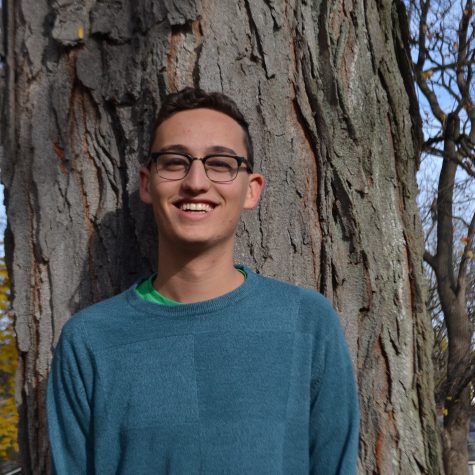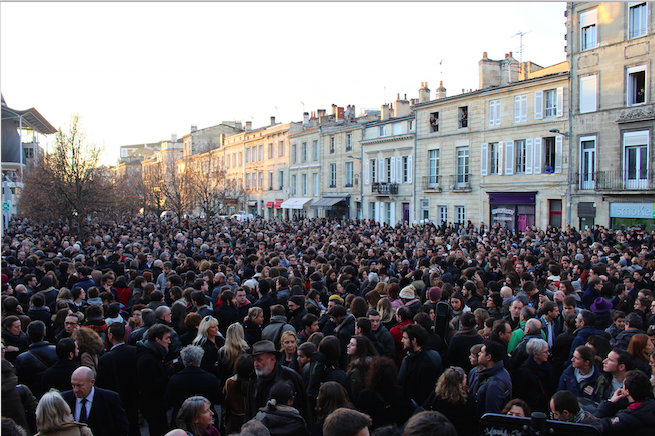The Rights (and Wrongs) of Writing
On Sunday, January 11th, 3.7 million people took to the streets of Paris, France in solidarity with the satirical newspaper Charlie Hebdo, which suffered a terrorist attack resulting in the deaths of 12 journalists and law enforcement officers. Everyday civilians, politicians from all around the world and leaders in French society, including those from the muslim community came together in support of the freedoms that are so clearly given to us as journalists. The freedom of speech, the freedom of the press, the freedom to write whatever the hell we want in the interest of making our opinions known. And though the third one may not be explicitly written into the laws, it is very much a right given to us, and in many ways, one that was abused and misinterpreted by the journalists at Charlie Hebdo.
On Monday, January 19th, nearly one million people took to the streets of the Chechnya, Russia in solidarity with the Muslim Community of Paris, who, in the wake of a radical terrorist attack, have experienced a monumental rise in racism. Everyday civilians, leaders throughout society, especially those from the Muslim Community of France, and politicians from around the world came together in support of the freedoms that are clearly given to them as Muslims. The freedom of speech, the freedom of religion, the freedom to fight against racism and caricatures in the interest of God, and the Islamic nation. And though the the third one may not be explicitly written into the laws, it is very much a right given to them, and in many ways, one that was abused and misinterpreted by the extremists who attacked Charlie Hebdo.
Let me be clear; the borderline racist comics of islamic leaders in Charlie Hebdo editions, and the killing of twelve lawfully innocent humans, are in no way equal. The former is clearly within the journalists’ legal rights, while the latter most definitely breaks the law. But on the subject of morality, the situation is much harder to decipher.
No murder can ever be morally justified, and there is no doubt that the Islamic extremists who orchestrated the attack misinterpreted their responsibility as devout Muslims, and misrepresented a large majority of the Islamic nation. However, the comics and caricatures depicted in the Charlie Hebdo production could easily be considered to be morally wrong. Not only did they violate the disputed belief that Muhammad shouldn’t be drawn or depicted, but many of the ways he continues to be portrayed in the magazine, are offensive themselves.
The irony of the situation in the English language is almost comedically obvious. How can something be within your rights, and still be wrong? And if this is the case, is it right to write it? I don’t have the answers, but I do know that as a journalist in the United States, the purpose and reasoning for writing a story extend far beyond the rights given to us in the first amendment. In a nutshell, “Because I can” is not a legitimate reason to produce a piece.
In this case, I believe the Charlie Hebdo magazine must ask themselves a few questions. “What is the price of the laughter we create?” “At whose expense are we laughing?” It’s easy for many of us, including myself, to tell ourselves that because it’s a satire magazine, it’s all in the interest of something good. Comedy has the ability to bring people together through joy and laughter, but it also walks a line between hilarious and offensive. I believe that sometimes, Charlie Hebdo came down on the wrong side.
Like glasses, the reader sees every news event or story through the lens that the writer creates. The picture can be distorted or sharpened, but it will rarely go unchanged. And in a case as politically, racially and religiously motivated as the Charlie Hebdo attack, the lines are never very clear. Each reader should formulate their own opinions about Charlie Hebdo magazine. Whether they find it humorous, offensive or shocking, it’s important that they take into account the way that the jokes and and comics effect and portray other people.










